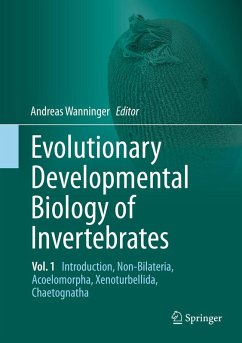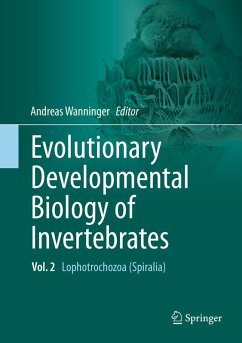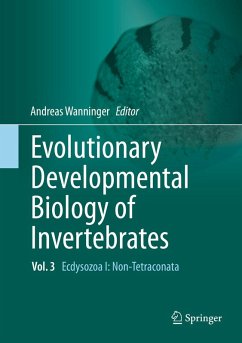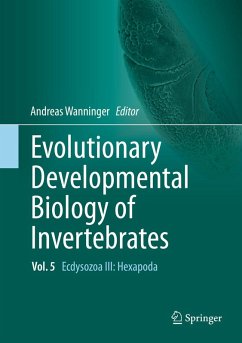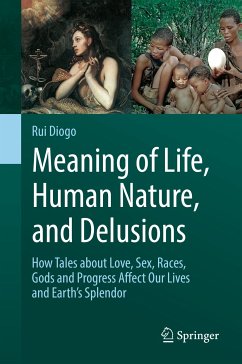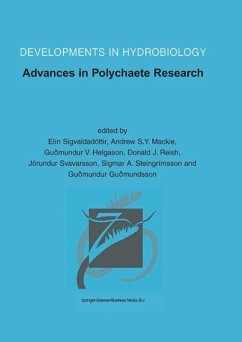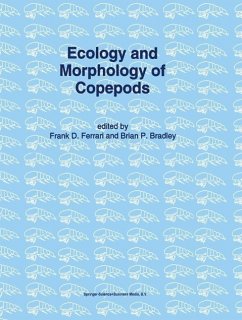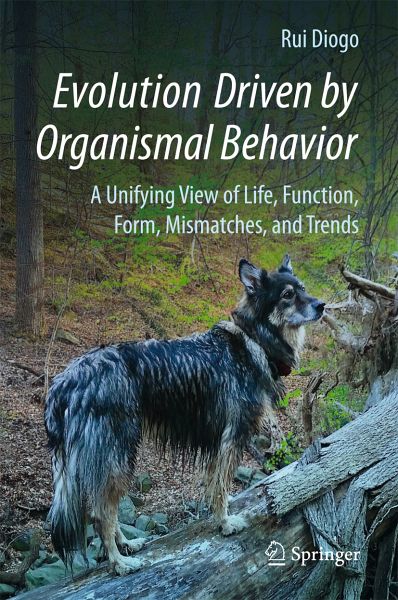
Evolution Driven by Organismal Behavior (eBook, PDF)
A Unifying View of Life, Function, Form, Mismatches and Trends
Versandkostenfrei!
Sofort per Download lieferbar
32,95 €
inkl. MwSt.
Weitere Ausgaben:

PAYBACK Punkte
16 °P sammeln!
This book proposes a new way to think about evolution. The author carefully brings together evidence from diverse fields of science. In the process, he bridges the gaps between many different--and usually seen as conflicting--ideas to present one integrative theory named ONCE, which stands for Organic Nonoptimal Constrained Evolution. The author argues that evolution is mainly driven by the behavioral choices and persistence of organisms themselves, in a process in which Darwinian natural selection is mainly a secondary--but still crucial--evolutionary player. Within ONCE, evolution is therefo...
This book proposes a new way to think about evolution. The author carefully brings together evidence from diverse fields of science. In the process, he bridges the gaps between many different--and usually seen as conflicting--ideas to present one integrative theory named ONCE, which stands for Organic Nonoptimal Constrained Evolution. The author argues that evolution is mainly driven by the behavioral choices and persistence of organisms themselves, in a process in which Darwinian natural selection is mainly a secondary--but still crucial--evolutionary player. Within ONCE, evolution is therefore generally made of mistakes and mismatches and trial-and-error situations, and is not a process where organisms engage in an incessant, suffocating struggle in which they can't thrive if they are not optimally adapted to their habitats and the external environment. Therefore, this unifying view incorporates a more comprehensive view of the diversity and complexity of life by stressing that organisms are not merely passive evolutionary players under the rule of external factors. This insightful and well-reasoned argument is based on numerous fascinating case studies from a wide range of organisms, including bacteria, plants, insects and diverse examples from the evolution of our own species. The book has an appeal to researchers, students, teachers, and those with an interest in the history and philosophy of science, as well as to the broader public, as it brings life back into biology by emphasizing that organisms, including humans, are the key active players in evolution and thus in the future of life on this wonderful planet.
Dieser Download kann aus rechtlichen Gründen nur mit Rechnungsadresse in A, B, BG, CY, CZ, D, DK, EW, E, FIN, F, GR, HR, H, IRL, I, LT, L, LR, M, NL, PL, P, R, S, SLO, SK ausgeliefert werden.



